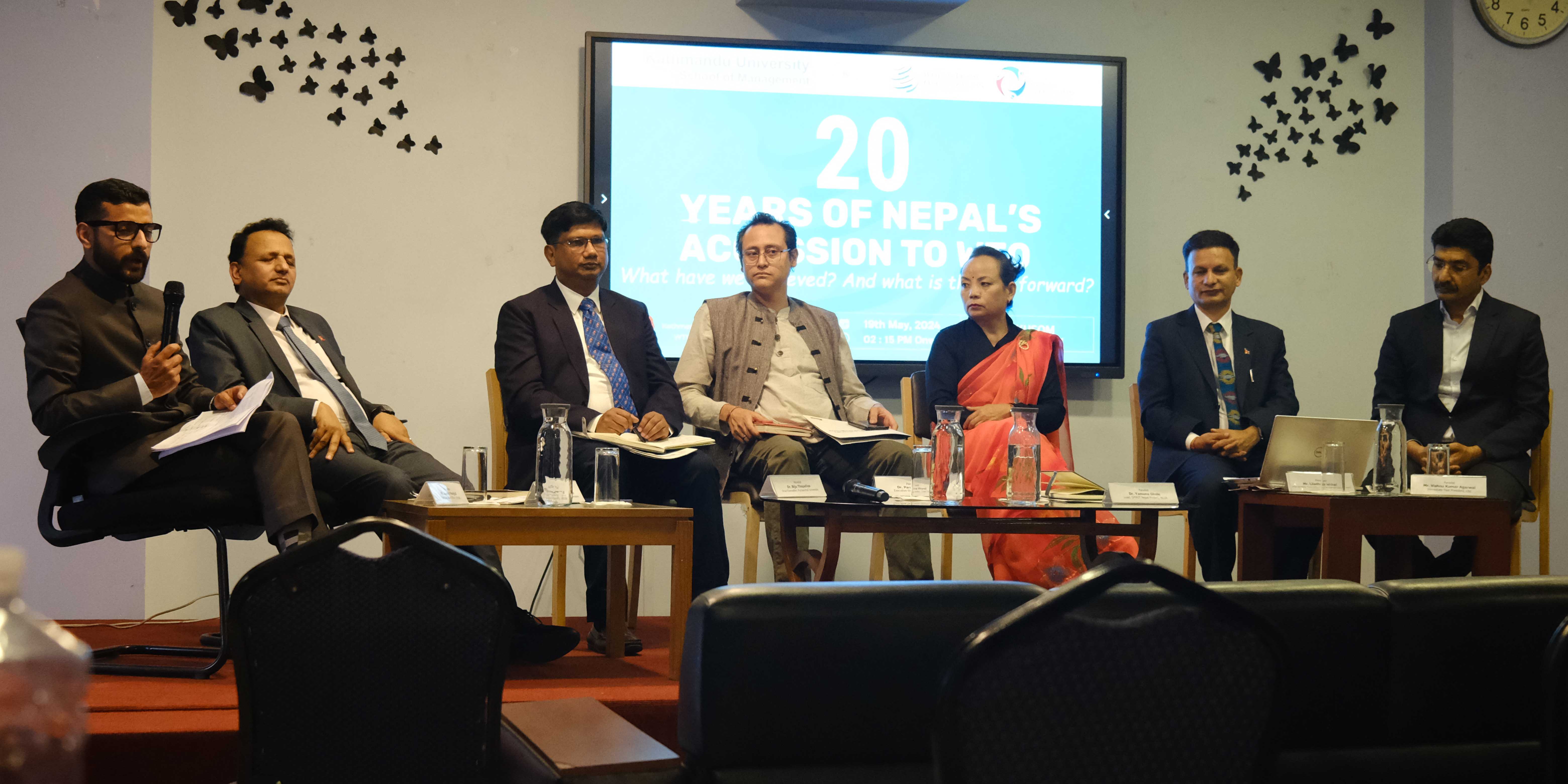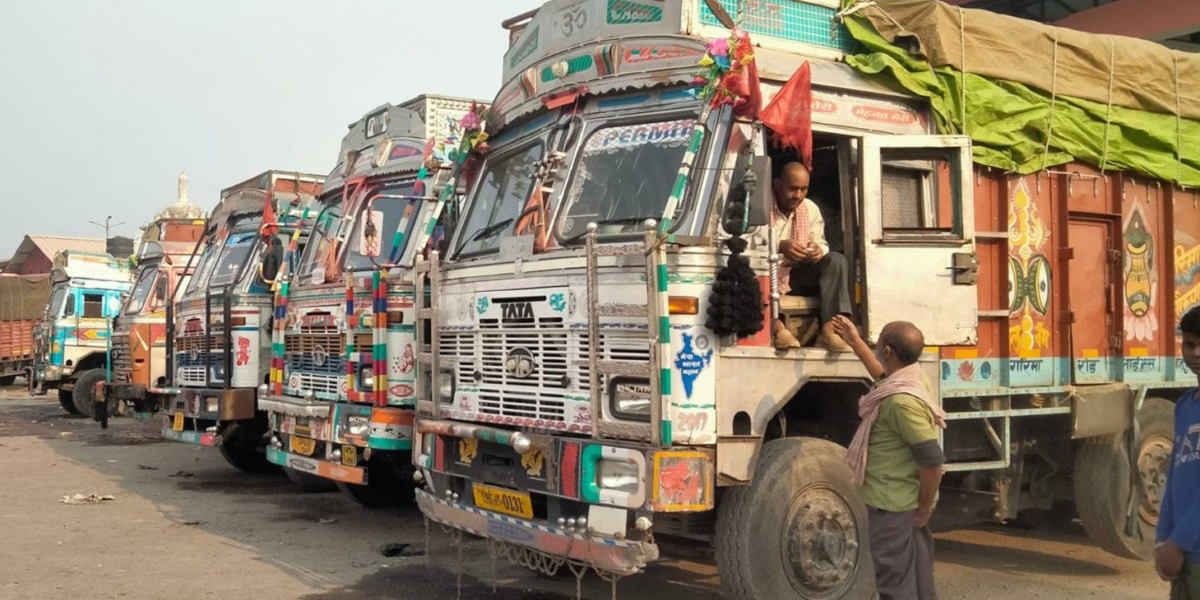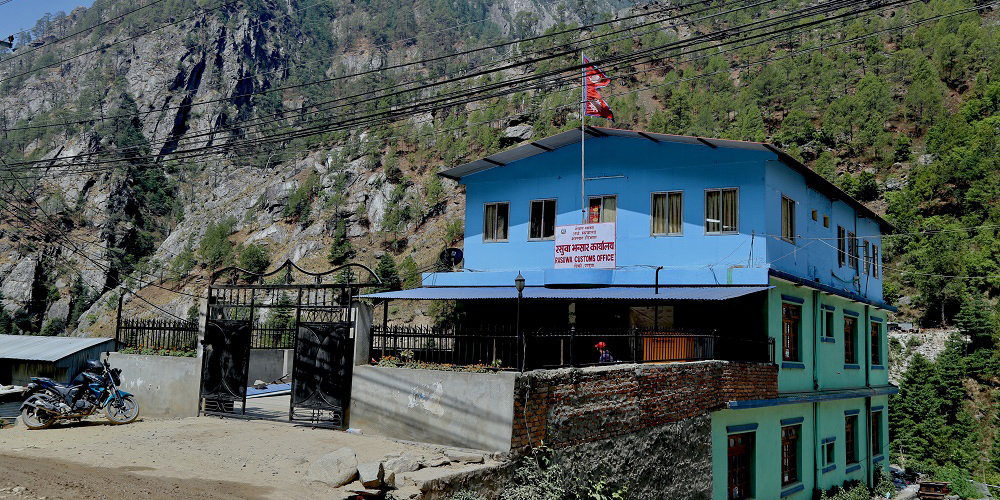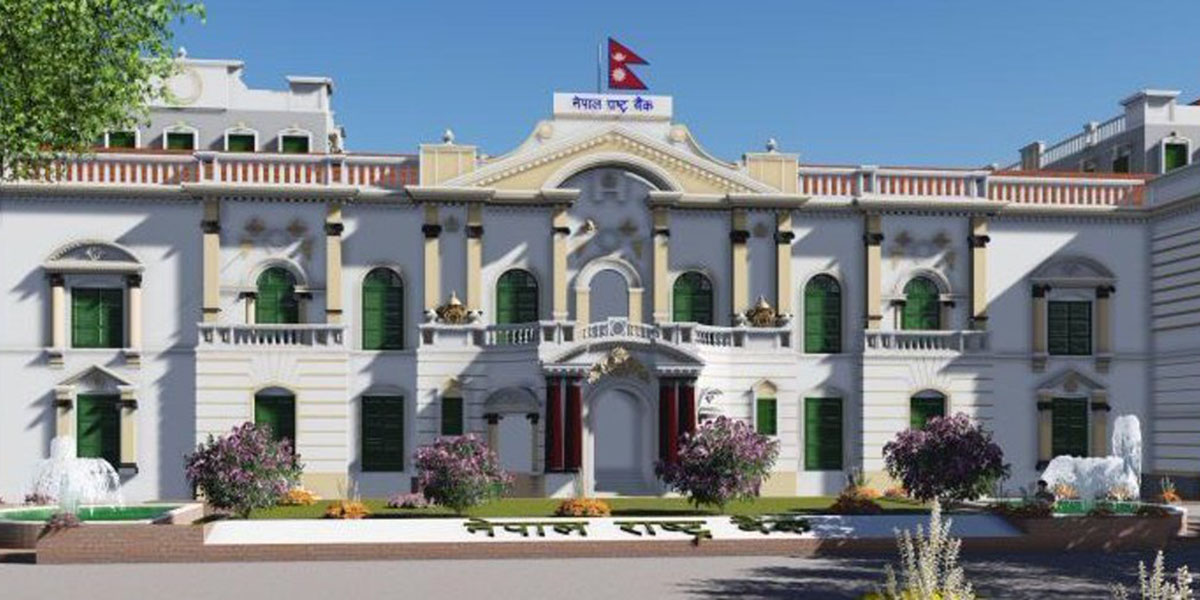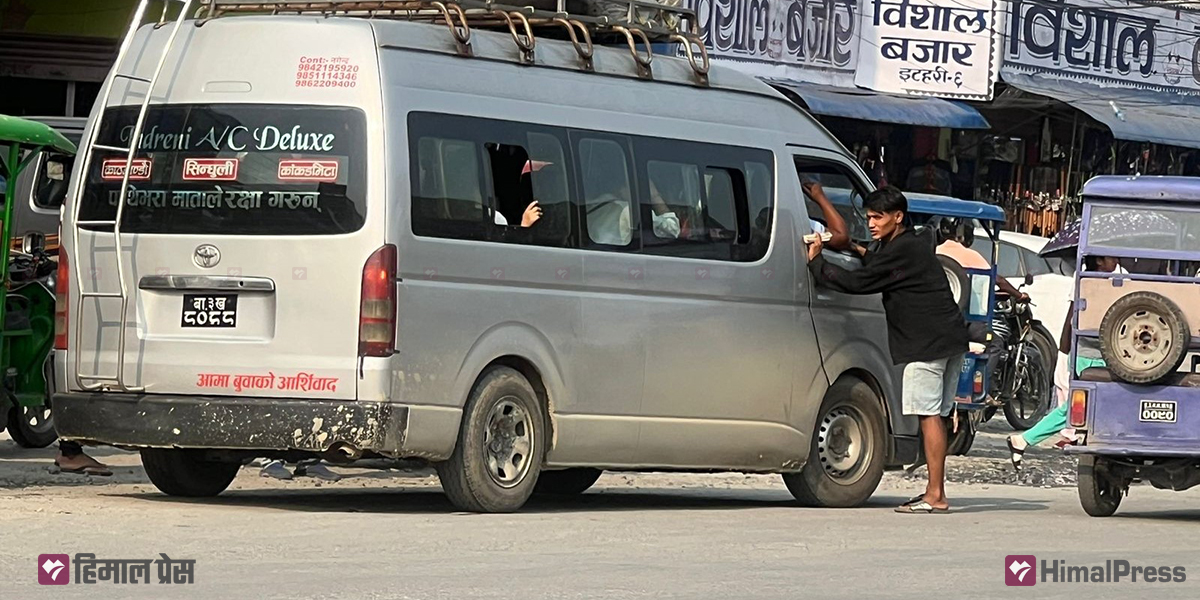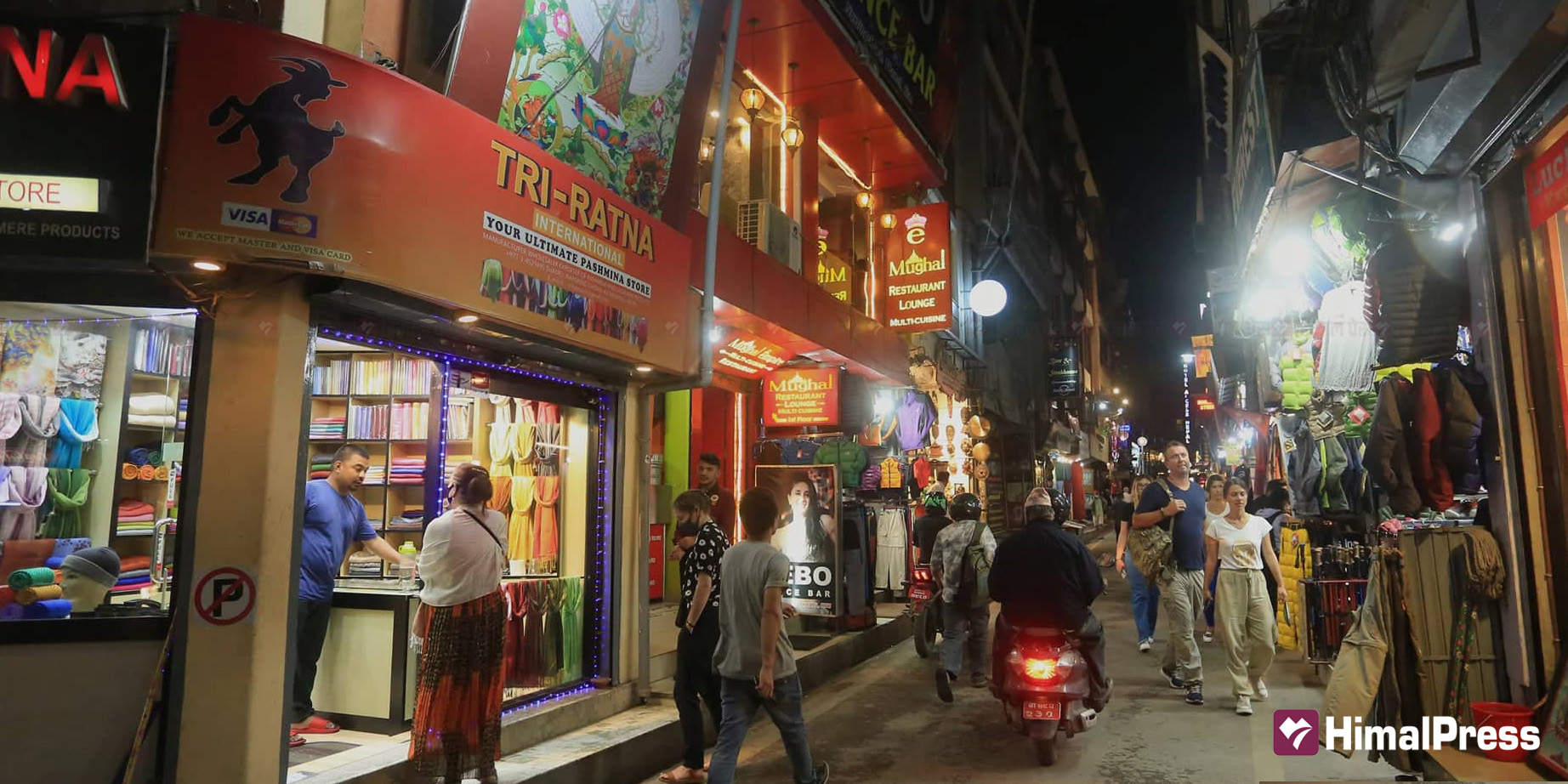
KATHMANDU: The global economy is currently experiencing a recession, with economic crises occurring worldwide due to the COVID-19 pandemic, the Russia-Ukraine conflict, international price hikes, supply chain disruptions, and other factors. Nepal has also been impacted by these issues.
Unfortunately, the government’s efforts to support sectors crucial to employment growth, revenue collection, and business expansion have been largely ineffective. One such sector is the night-time economy, which is often neglected by the government. While major cities around the world thrive at night, Nepal’s situation is just the opposite.
Despite the potential for a vibrant night-time economy, most major cities in Nepal, including the federal capital Kathmandu, become completely deserted after 8 or 9 in the evening. Shops close, and the streets are eerily empty. Even establishments such as casinos, clubhouses, restaurants, and bars in big cities close before midnight. This lack of night-time activity not only affects the economy but also limits the opportunities for entertainment and socialization, particularly for young people.
It is interesting to note that while major cities in Nepal suffer from a lack of night-time activity, some markets along the highways remain busy 24 hours a day. In particular, small markets along the East-West Highway have become more vibrant during the night, thanks to the initiative of local businesspeople. Markets such as Lalgarh in Dhanusha, Chandranigahpur in Rautahat, Ramnagar in Chitwan, Daunne and Sunwal in Nawalparasi, and Chandrauta and Gorusinge in Kapilvastu operate round the clock. Similarly, markets such as Lamahi and Amiliya in Dang, Chhappargaud in Banke, and Khanidanda in Kailali never sleep. Each of these markets boasts around 25-30 eateries, lodges, and shops, making them bustling hubs of activity even during the night.
Krishna Neupane, who has been running Gulmeli Hotel in Dasdhunga of Chitwan for 25 years, notes that doing business all night is not easy. Neupane cites the ineffective security system and the difficulty in attracting good customers after 11 pm as major challenges. He suggests that it would be easier to operate night-time businesses if the local administration provided permission and implemented necessary security arrangements. Unfortunately, Neupane reports that business at the moment is down compared to the past.
The survival of night-time businesses in Nepal relies heavily on passengers traveling at night. Not only eateries but also lodges, grocery shops, and fuel stations remain open throughout the night to serve these travelers.
However, many eateries in the Ramnagar area of Chitwan have opened and offer meals for people traveling to different parts of the country. These eateries operate 24/7, providing a convenient option for travelers on the move.
The survival of night-time businesses in Nepal relies heavily on passengers traveling at night. Not only eateries but also lodges, grocery shops, and fuel stations remain open throughout the night to serve these travelers. These businesses not only provide services to the passengers but also create employment opportunities and contribute to the state’s revenue.
However, many such markets that have served passengers for a long time are beginning to look deserted these days. One such example is Mugling, which sits at the meeting point of two important roads – Prithvi Highway and Mugling-Narayanghat road that connects Kathmandu Valley to the country’s artery – the East-West Highway. One of the reasons behind the decline of businesses in Mugling is the opening of new market areas along major highways, which has led to increased competition.
Unfortunately, the government has not implemented any programs to support these markets and has not shown enough attention to building necessary infrastructure in these areas.
Dr. Govinda Raj Pokharel, former vice president of the National Planning Commission (NPC), expressed concern that the government is not taking night-time businesses seriously, despite their potential to contribute to the nation’s economy. He suggests that people’s lives could run more smoothly if they worked in three shifts in the construction sector, namely morning, afternoon, and night. This would help supplement night-time businesses. Dr. Pokharel also suggests that opening schools at 7:30 in the morning and banks after 11:00 in the afternoon could make people’s lifestyles easier.
Dr. Pokharel emphasizes that although the government had previously initiated work to promote night-time businesses in the 1990s, it was interrupted by the Maoist insurgency. However, now that the country is moving towards political stability, he believes that there should be no delay in expanding night-time businesses. It is important for the government to recognize the potential benefits of these businesses, and to create an environment that is supportive of their growth and development.
The world never sleeps
The major cities of influential countries that are driving the global economy rely not only on daytime economic activities but also on the 24-hour business operations that provide substantial support to their economic growth.
Metropolises like London, New York, San Francisco, Paris, and Amsterdam are known to be cities that never sleep. In addition, cities in neighboring India such as New Delhi, Chandigarh, Goa, Bangalore, Hyderabad, and Chennai also remain open all night.
These cities have a significant impact not only on the economy of their respective countries but also on the world economy. For instance, in 2022, London’s nightlife industry alone generated a revenue of approximately 66 billion British pounds.
The London underground rail service alone contributes more than £360 million annually to the UK economy. Many cities in the United States, which is the world’s largest economy, also boast 24-hour operations.
According to the “London Twenty Four Hour Economy” report, the night business sector accounts for 8% of total employment in the UK. The report further reveals that over 723,000 individuals work in the city during the night.
The London underground rail service alone contributes more than £360 million annually to the UK economy. Many cities in the United States, which is the world’s largest economy, also boast 24-hour operations.

According to the International Monetary Fund, the size of the US economy was estimated to be $25.3 trillion in 2022. Since 1871, the US has been the world’s largest economy.
New York City, the largest city in the US, is also known as the city that never sleeps. In the financial year 2021/22, New York’s nightlife industry generated a turnover of $35 billion, which resulted in the state collecting around $700 million in taxes. As of 2021, investment in bars and nightclubs in the US had reached $26.7 billion. These figures indicate the significant economic impact of the night-time economy in the US and other major cities around the world.
China has the second largest economy in the world, with a size of $19.9 trillion. The International Monetary Fund (IMF) has predicted that China’s economy will surpass that of the United States by 2030. In an effort to compete with the US, China has placed special emphasis on infrastructure development, industrial growth, and the nighttime economy. II Media Research reports that China’s nighttime economy has reached a size of $6 billion and the goal is to increase it to $14 billion by 2025.
Meanwhile, Japan has the world’s third largest economy, with a GDP of $4.9 trillion. Its night time economy has also been growing steadily. It is already worth $7 billion. The majority of Japan’s nightlife business is located in Tokyo, where not only bars and restaurants but also train services, recreational games, parks, and museums operate during the nighttime.


